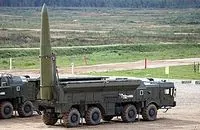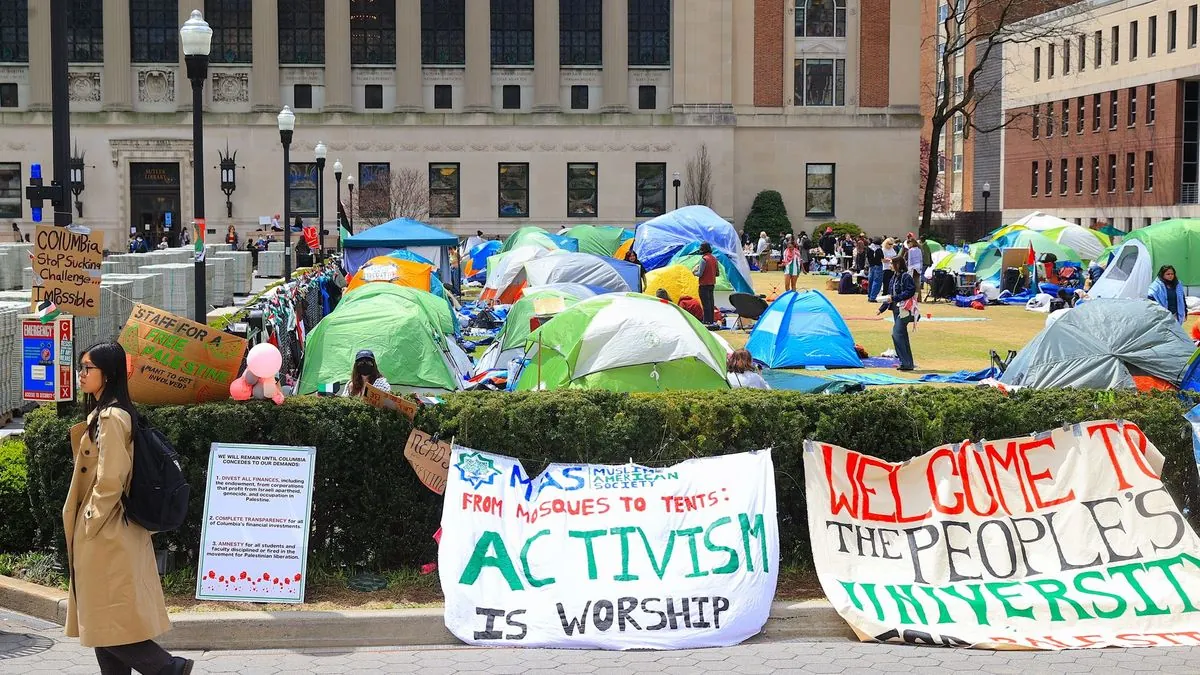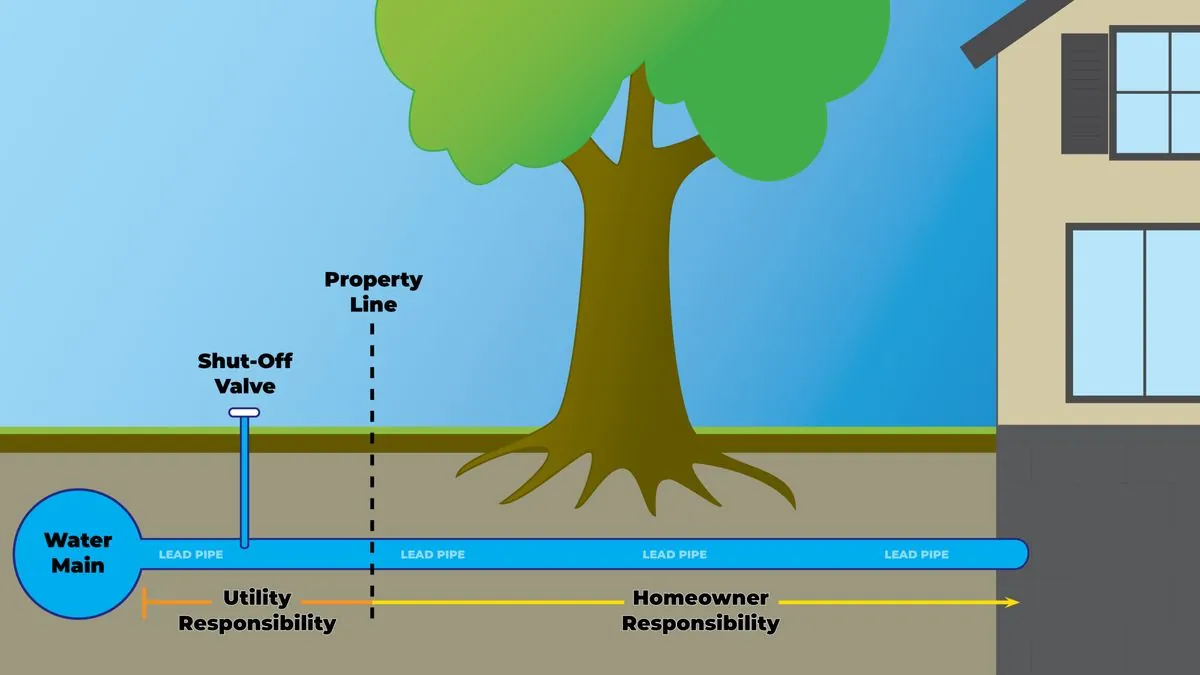Sudan's Community Kitchens: Lifelines Under Threat in Hunger Crisis
Volunteer-run community kitchens in Sudan face increasing challenges as attacks and looting hinder their efforts to feed millions amid the country's worst hunger crisis. International support inadvertently makes them targets.
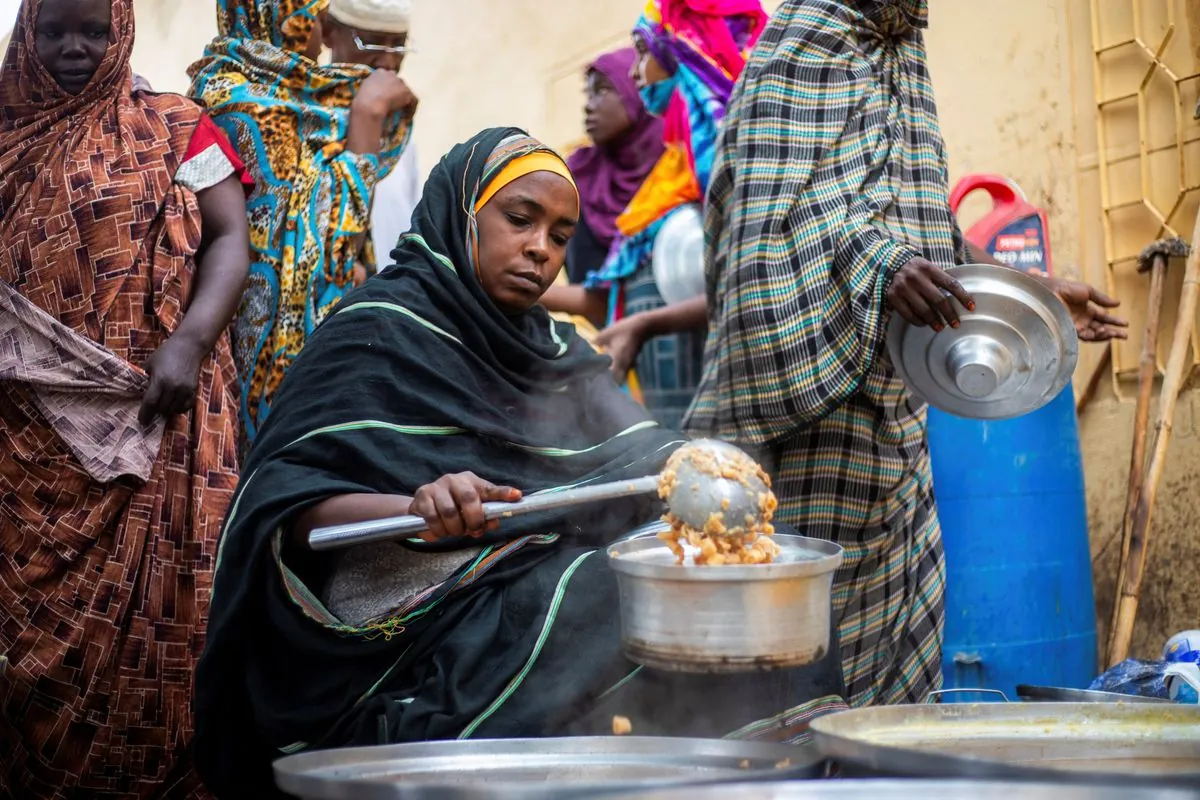
In Sudan, a country grappling with its worst hunger crisis, community kitchens run by local volunteers are facing mounting challenges. These vital lifelines, serving millions of people, are increasingly under threat from attacks and looting by opposing sides in the ongoing conflict.
Sudan, the largest country in Africa by land area, has been embroiled in war for the past 18 months. The conflict, which erupted in April 2023, has exacerbated the already dire humanitarian situation in a nation home to over 45 million people.
Volunteers managing kitchens across Sudan's central state of Khartoum, the western region of Darfur, and parts of the east report fleeing under threats of arrest or violence. Many communal kitchens have been forced to suspend meal services for weeks at a time, leaving vulnerable populations without access to food.
The scale of the crisis is staggering. According to U.N. officials, more than half of Sudan's population – 25.6 million people – are experiencing acute hunger and require urgent assistance. In the worst-affected areas, displaced residents or those under siege have resorted to consuming dirt and leaves to survive.
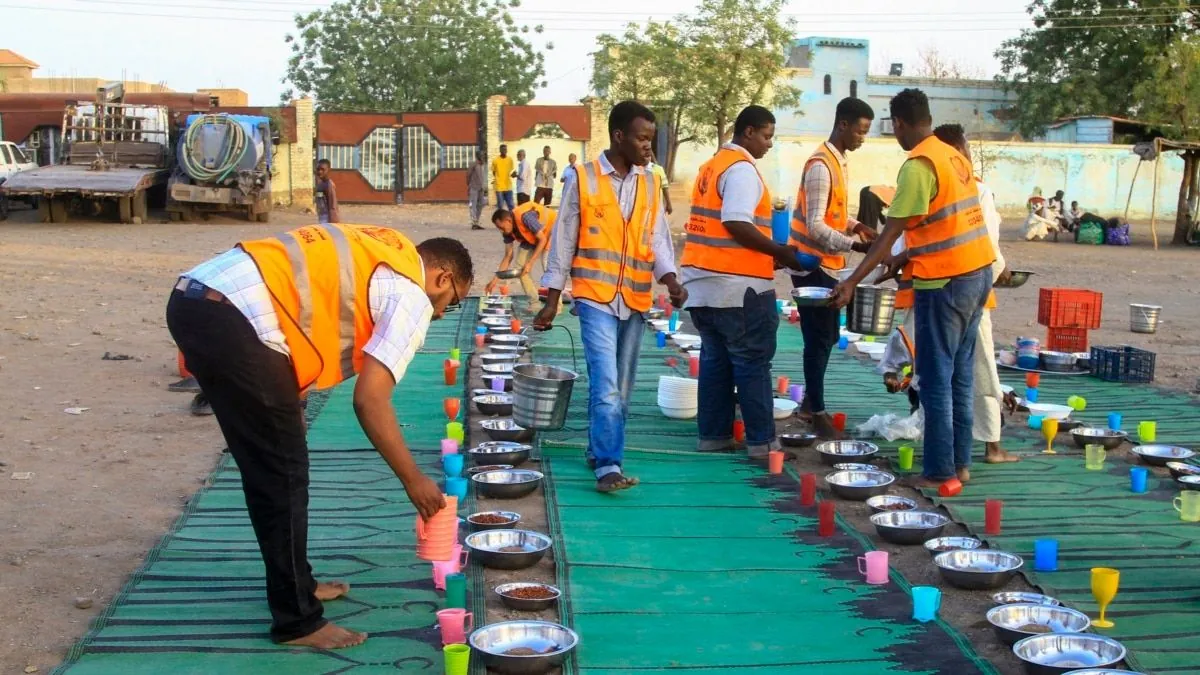
International humanitarian agencies, unable to reach parts of Sudan at risk of famine, have increased support for local volunteer groups. However, this support has inadvertently made these kitchens more attractive targets for looters, particularly from the Rapid Support Forces (RSF).
"We were safe when the RSF didn't know about the funding. They see our kitchens as a source of food."
Both the RSF and the Sudanese Armed Forces have been accused of attacking or detaining volunteers on suspicion of collaboration with their opponents. Incidents of theft, beatings, and detentions have increased since July 2024, with volunteers reporting at least 25 incidents in Khartoum state alone.
The situation is particularly dire in areas like North Darfur state, where a group running kitchens in a camp housing half a million displaced people has repeatedly had to halt meal services due to insufficient funds. This region, known for its rich archaeological sites including the Nubian pyramids, now faces the threat of famine.
Sudan's complex history of conflict, including multiple civil wars since gaining independence in 1956, has contributed to the current crisis. The country's vast mineral resources and agricultural potential contrast sharply with the current humanitarian emergency.
Funding remains a significant challenge for these community kitchens. In Khartoum state alone, 419 kitchens aim to serve over 1 million people daily, requiring $1,175,000 monthly. However, in September 2024, they received only about $614,000.
International donors have been hesitant to fund these kitchens directly, as many groups running them are not registered with the government. Some donors are now working through registered intermediaries to channel funds, but this process can cause delays in reaching the kitchens.
As Sudan grapples with this crisis, its young population – with a median age of about 19 years – faces an uncertain future. The ongoing conflict not only threatens lives through hunger but also jeopardizes the country's efforts to transition to democracy, which began in 2019.
The community kitchens remain a crucial lifeline for many Sudanese, including professionals like teachers and traders who have lost their livelihoods. As one 50-year-old housewife in Bahri stated, "We don't have any food at home because we don't have the money. We rely on the community kitchen... We don't have an alternative."


























